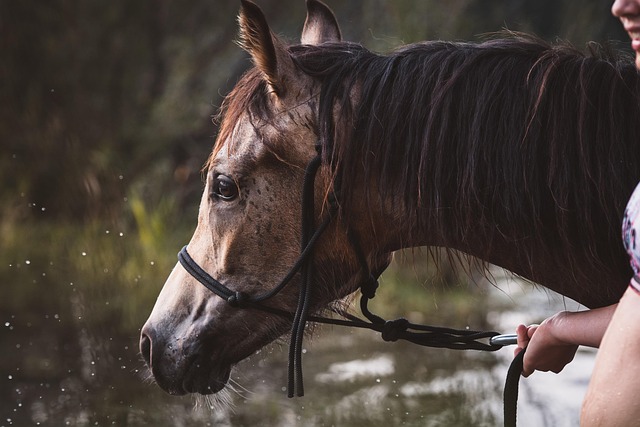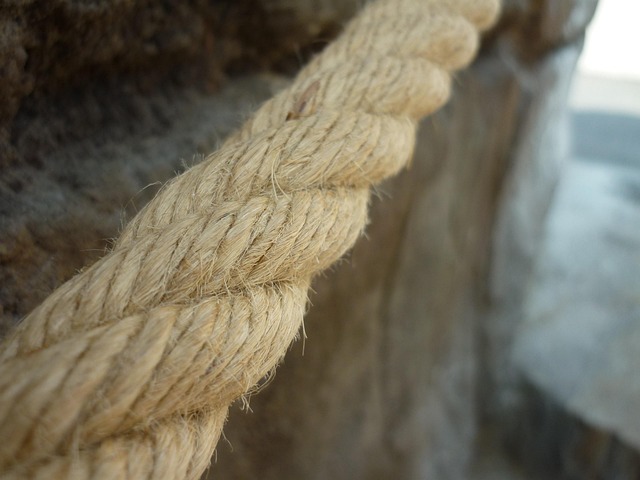Selecting the ideal length for a horse lead rope is key for both safety and control during training. Balancing durability and comfort, natural fibers offer softness but less strength, while synthetics are stronger. Braided nylon ropes provide best of both, ensuring secure grip and comfortable handling for daily sessions with active horses.
“Elevate your horse training regimen with high-quality neck ropes, a versatile tool for control and comfort. This comprehensive guide explores the essential aspects of selecting the perfect horse lead rope. From length considerations for safety and handling to material comparisons for durability and rider comfort, we delve into what makes a superior rope. Discover the ideal choices to enhance your training sessions and ensure a secure connection with your equine partner.”
Choosing the Right Length for Control and Safety

Selecting the appropriate length for your horse lead rope is a key consideration for both control and safety during training sessions. A longer rope provides more freedom of movement, allowing horses to wander and explore their surroundings without sudden restrictions. This flexibility is beneficial for natural behavior stimulation and can help prevent abrupt stops or starts that might startle sensitive equines.
However, too long a rope can lead to entanglements and pose risks in confined spaces. Conversely, a short rope offers better control as it restricts the horse’s range of motion, making it ideal for close-quarters training maneuvers. The right length strikes a balance, ensuring both the rider’s safety and the horse’s comfort, enabling effective communication through subtle signals during exercises.
Material Matters: Durability and Comfort Compared

When choosing a horse lead rope, material plays a significant role in both durability and comfort. Natural fibers like cotton or jute are popular choices due to their softness and breathability, making them comfortable for both you and your horse. However, these materials may not be as durable as synthetic alternatives like nylon or polypropylene. These synthetic ropes offer superior strength and resistance to wear and tear, ensuring they last longer even with frequent use.
While comfort is essential for a pleasant training experience, durability is critical to ensure the safety of both you and your horse. High-quality materials like braided nylon ropes provide an excellent balance between the two, offering exceptional grip and control while maintaining a soft feel. This makes them ideal for daily training sessions, especially for energetic horses that require firm yet gentle guidance.
When selecting a horse lead rope, prioritize both safety and comfort. Choosing the right length ensures control during training while durable materials stand the test of time. For a secure and reliable connection with your equine partner, consider these factors to find the perfect fit for your needs.
